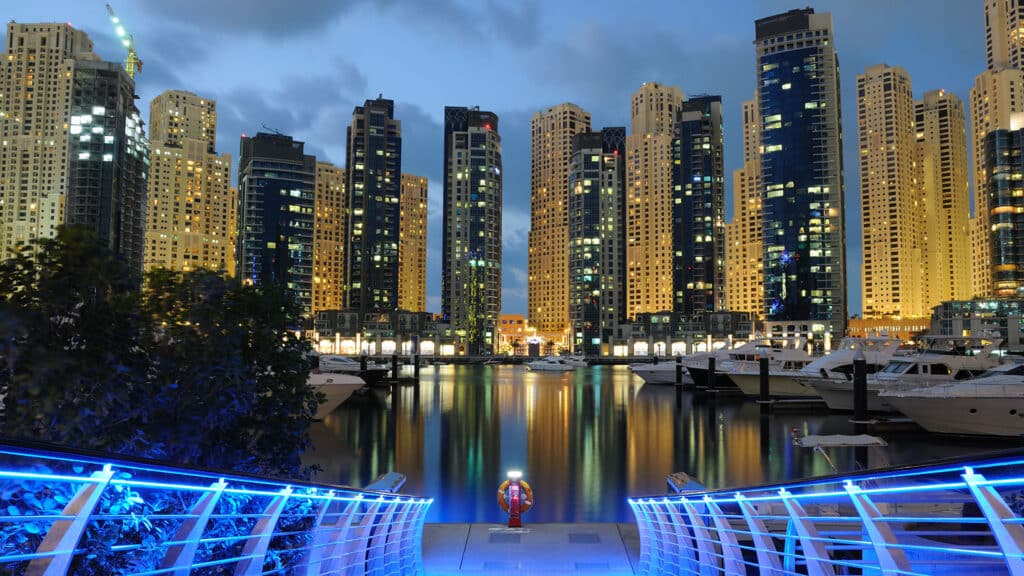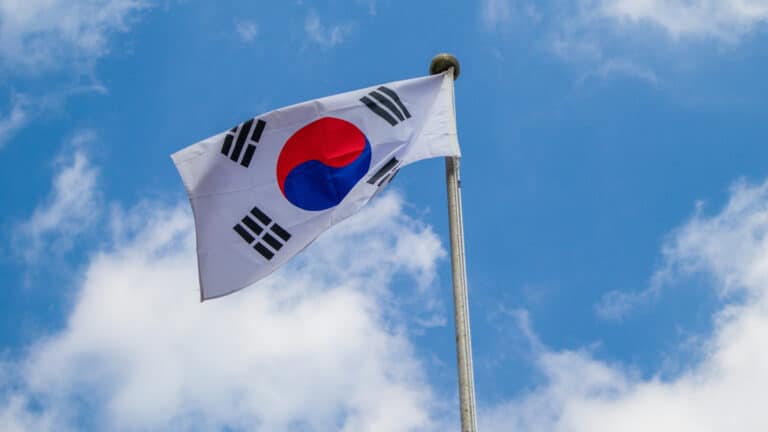
To understand queer life in the Middle East, American journalist and writer Gaar Adams argues that the deeper truths aren’t found in obvious headlines, but in subtle patterns of censorship, silence and omission in local media.
In his new book, «Guest Privileges: Queer Lives and Finding Home in the Middle East,» Adams recalls his surprise upon learning that Scissor Sisters, the flamboyant New York glam-pop band known for its unapologetically queer identity, was scheduled to perform in Abu Dhabi, United Arab Emirates.
The idea seemed nearly impossible. A concert by an openly queer band in a country where public displays of affection, even between heterosexual couples, can lead to jail time or deportation? Yet there it was — a straightforward announcement in one of the UAE’s leading English-language news outlets.
The band members themselves had once said they never expected to perform in the Gulf due to the risks associated with it. Meanwhile, most international reporting about the UAE focused on scandalous tales of Westerners caught in so-called «morality crimes,» feeding an image of the region as both exotic and repressive.
Reading between the lines
Adams began noticing not just what was written, but what was omitted. Reports routinely covered foreigners punished for minor offenses (e.g., tourists jailed for «sex on the beach»), yet the realities of queer people, especially locals, remained hidden.
That changed when he began reading closely through court reports and local news briefs. In these hidden corners of daily coverage, he started finding pieces, often ambiguous reports of men arrested for «indecent acts» or «immoral behavior.»
One story in The National, in particular, haunted him. The article described the arrest of four teenage boys accused of kidnapping and raping a man. As the case unfolded, the charges were reduced. Two of the boys were eventually convicted only of «homosexual acts.» Although the details of the incident were unclear, the central issue stood out: queerness was both erased from public discourse and prosecuted as a crime.
Adams couldn’t stop thinking about the boys. Their case echoed the warnings he had absorbed growing up in the U.S. — that being gay was something to hide, and discovery would bring punishment.
Manufactured uniformity of the media
When Adams tried to follow the local coverage of the Scissor Sisters concert, he noticed something else: every article sounded almost identical. Reporters appeared to rely heavily on the same press release, a reflection of the controlled journalism that prevailed under the UAE’s restrictive media laws.
Even stories that hinted at controversy remained carefully vague. A few pieces mentioned the band’s «provocative» or «transgressive» performances but stopped short of acknowledging the reason — the group’s queer identity.
Notably, when the concert finally took place, the band’s famously playful energy felt subdued. Frontman Jake Shears, usually effusive about queer culture, avoided the topic entirely. The performance, like the coverage that surrounded it, seemed carefully edited.
In some regions, silence and cautious self-expression aren’t just strategies but lifelines — a stark reminder of the risks involved and the resilience required.













